The Best Books for an Introduction to Acupuncture and Chinese Medicine

Thinking of studying Acupuncture or Chinese Medicine? Just in love with the theory and receiving acupuncture treatments? Or just want to learn more about this ancient medicine?
Whether you're considering a career in the field, love receiving treatments, or are simply fascinated by the wisdom of this comprehensive healing system, diving into the right books can be a great place to start. Here are my top 5 recommended reads for anyone looking to explore the foundational principles of Acupuncture and Chinese Medicine.
Beginner’s Guide: 5 Must Read Books on Acupuncture and Chinese Medicine
The Web That Has No Weaver- Written by Ted Kaptchuk
This book is an amazing introduction to Chinese Medicine, and a must read for students and seasoned practitioners alike. The author is a well known researcher and you will most likely come in contact with many more of this writings during your studies. The information may be a bit dense to digest right off the bat but is a great reference. You will enjoy coming back to read this book after a few years of studying (or practicing) as well!
Between Heaven and Earth: A guide to Chinese Medicine- Written by Harriet Beinfield and Efrem Korngold
This guide poetically introduces Acupuncture and Chinese Medicine and the theory beneath it. It offers gentle and easy insight by providing the personal account of the authors introduction to Chinese Medicine. They utilize a more simple language and well thought out metaphors that can be easier to understand in the beginning of your studies, rather than other translated or more medical texts.
Tao Te Ching– Written by Lao Tzu
There are many translations of this ancient text, so find a version that resonates with you and read it often. It provides insight on living a peaceful daily life, and echos ways to practice this medicine. Chinese medicine taught in the US is actually a compilation of many east Asian cultures and stems from many ancient Taoist teachings, of which this book helps explain. This text is more focused on ways to live in balance than the actual medicine itself. A great read to get into the mindset behind some of the more complex theory.
Healing With Whole Foods: Asian Traditions and Modern Nutrition- Written by Paul Pitchford
The go-to nutritional guide for Chinese Medicine Nutritional Theory. This book is one of the best reference guides for western and Chinese medicinal nutrition alike. It explains the basis of nutrition from macro to micro nutrients, talks in depth about the energetic nature of food, disease presentation and diets that may help, and is loaded with over 300 delicious recipes, mainly plant based.
The Yellow Emperor Classic of Medicine: An New Translation of the NeiJing Suwen with Commentary- Written by Mashing Ni
This book cannot be overlooked, and is a must upon your bookshelf. Again there are many translations of this ancient text, but this particular version is very popular and easy to read. It lays the foundation of Chinese medicine, has a base in Taoism, and is regarded as one of the most important books of Chinese Medicine. Said to have been written by the Yellow Emperor Huang Di, its origins are not fully known. It goes into depth not only about diagnosis but treatments such as herbalism, lifestyle, acupuncture, and diet.
Whether you're beginning your studies, deepening your appreciation for the medicine, or simply exploring the wisdom behind acupuncture and Chinese Medicine, these books offer a solid foundation. They provide insight into key concepts like Qi, meridians, the Five Elements, Yin and Yang, nutrition and diagnostic patterns, helping you better understand not only how acupuncture works, but the philosophy that underpins this time-tested system of healing. Many of these titles are used in acupuncture schools across the world and are written by respected practitioners and educators.
Start with the one that speaks to your current interests, and let your curiosity guide you from there. As with the medicine itself, learning is a process of layers, take your time, revisit the texts often, and enjoy the unfolding journey. Whether you're a future practitioner or a passionate learner, these books will help you connect more deeply to the beauty and depth of Chinese Medicine.
🌿 Love What You See? Want It All? This bundle was made for you! 🌿
Get the ultimate herbal wellness collection in one beautifully curated package. This bundle includes:
✨ Essential Tastes Cookbook – Explore the Five Flavors of TCM through immune-boosting, nourishing recipes.
🥗 Spleen Qi Meal Planners – Two full weeks of meal plans (vegetarian and non-vegetarian) to support digestion and energy.
🫙 Herbal Pantry for Everyday Wellness – Learn the top 10 must-have herbs and exactly how to use them at home.
Whether you’re just starting your herbal journey or deepening your practice, this bundle gives you the tools to nourish your body, mind, and spirit—season by season, meal by meal.
✨ Save big and empower your kitchen with centuries of wisdom—naturally. ✨
$70 value for only $45!
Poor digestion got you down?
This weekly meal planner is focused on helping support your digestive system and boost your Spleen Qi.
7 days of meals, recipes and tips!
It comes designed in a PDF format for easy printing- so you can pop it on the fridge for inspiration, or take it to the market with you while you shop.
It comes stocked with:
🗓️ Easy-to-follow weekly meal planner with tasty suggestions for breakfast, lunch, dinner, and snacks each day of the week.
✔️ Grocery checklist
🌿 Helpful tips to help keep your tummy happy.
😋 Yummy recipes
This guide will get you off to the right start!
Check out the new Vegetarian Weekly Planner for another week of delicious recipes ( very easy to add some baked chicken or roasted salmon etc. to any of those recipes too!
🚨UPDATED WITH EVEN MORE DELICIOUS RECIPES!🚨
Prepare to embark on a transformative journey towards enhancing your fertility naturally with the nutritional outlook of Chinese Medicine. This book is the key to nurturing your body, and balancing your hormones.
🍲 Nutrient-rich recipes to nourish your body
🌱 Traditional Chinese Medicine wisdom for hormonal balance
💫 Tips to support your fertility journey
📖 Expert insights on holistic well-being
⭕️ Seed Cycling and more!
Incorporating herbal medicine into your routine doesn’t need to be complicated.
Start small.
Make a cup of tea. Stir herbs into your soup. Tune in to how you feel.
The beauty of herbal wellness lies in its simplicity and its ability to bring you back into relationship with nature, moment by moment.
Welcome to ✨ HERBAL PANTRY for EVERYDAY WELLNESS✨
This guide introduces the TOP 10 Herbs every budding herbalist needs in their pantry to help elevate your health!
Created by licensed acupuncturist and herbalist Lenore Cangeloso, this beautifully crafted ebook blends Traditional Chinese Medicine wisdom with modern, approachable recipes.
From calming teas to immune-boosting broths and beauty elixirs, you’ll learn how to bring the healing power of herbs into your daily life with ease and intention.
✨ Start your herbal journey today—naturally, simply, and rooted in tradition. ✨
Your Daily Dose of Herbal Concoctions
DRINK ME is your go-to guide for crafting nourishing, restorative, and delicious elixirs right from your kitchen.
🔥 Inside, You'll Discover:
✅ Easy-to-follow recipes for energy, immunity, digestion & relaxation
✅ The healing properties of herbs & how to combine them effectively
✅ Tips to make herbal infusions, decoctions, and tonics like a pro
💚 Whether you're a herbal enthusiast or just getting started, this ebook will help you create powerful, plant-based remedies to support your mind, body, and spirit.
📥 Grab your copy today and start sipping your way to wellness! 🥄🌸
👉 Download Now
Boost Your Spleen Qi with Ease!
This weekly meal planner is your ultimate guide to nourishing your body and supporting your Spleen Qi with wholesome, vegetarian meals.
✨ What’s Included:
A Full Week of Meals: Holistic recipes for breakfast, lunch, dinner, and a daily snack.
Easy-to-Use PDF Format: Perfect for printing to place on your fridge or take to the market.
Helpful Tips and Inspiration: Stay motivated with handy hints and guidance.
Delicious Recipes: Enjoy a variety of meals that are both nourishing and satisfying.
Transform your meals into tools for better health and vitality—all while keeping it simple and vegetarian-friendly. 🌱
Skin Deep Beauty- Get Glowing, Radiant Skin with Traditional Chinese Medicine
A step-by-step guide to level up your skincare.
—
⭐️ Packed with information to make natural and informed choices
⭐️ Guides to guasha and other amazing techniques
⭐️ Yummy recipes to get glowing from the inside out
⭐️Easy fun recipes for natural skin care
⭐️Afirmmations and more!
This easy-read handbook is a complete guide to dealing with “Liver Qi Stagnation”. It explains what Liver Qi stagnation is and offers various ways to help…
🍵Simple Dietary Advice
☺️Easy Lifestyle Changes
💜Nourishing Self-Care Routines
🏃♀️Gentle exercises
and
📖Delicious Recipes
A nutritional guide that leads you into the importance of the Five Flavors, from the lens of traditional Chinese Medicine. This book also offers a few great recipes to help incorporate this theory into your life and kitchen!
This guide offers:
🌿In-depth explanation of the Five Favors from a TCM perspective and how they impact physiology and digestion.
❣️ Basics of TCM theory and nutritional outlook
😋 Yummy recipes for each flavor profile
🍂 Seasonal Eating Tips
🧘 Mindfulness Prompts
Hardcopy available via Amazon.
Bone broth is valued all over the world for its delicious taste and highly nutritious components. It is rich in vitamins, minerals, collagen, gelatin, keratin and stock full of amino acids. Read on to learn a super easy recipe!
These foundational books offer a clear and accessible path into the world of Acupuncture and Chinese Medicine. Whether you're studying to become a practitioner or simply curious about the theory behind the treatments, these titles will deepen your understanding and appreciation for this ancient healing system, one thoughtful page at a time.
The article goes over the best professional massage tables available for acupuncturists, massage therapists or other bodyworkers. A long-lasting and high-quality table is key!
A short but very useful guide to support mothers and babies postpartum.
This article explains the basics of abdominal self-massage. It is a great option for increasing self-care, digestive complaints, reproductive issues or low back pain.
Spleen Qi Deficiency is a very common imbalance in Chinese Medicine. This article explains what that means, and what to do about it. It offers lifestyle suggestions as well as food choices, while giving an extensive overview of the theory attached from TCM.
This article offers multiple ways to helps each sinus issues.
Want more protein without the meat? Dive into these easy, tasty plant-based picks!
Discover how acupuncture can calm your mind, balance your body, and support lasting relief from anxiety. Learn what to expect in a session, how it works, and why more people are turning to this natural solution for modern-day stress.
A simple guide to help you find the best acupuncturist for your needs!
By recognizing the manifestations of dampness, identifying its signs and symptoms, and incorporating dampness-clearing foods into your diet, you can work towards restoring balance and promoting overall well-being. This sticle will explain signs and symptoms of Dampness, and offer a few solutions.
Read on to learn the top 3 beauty “secrets” from Chinese Medicine.
This article explains the benefits of cosmetic acupuncture and what t o know if you are also engaging in other aesthetic procedures.
Learn more about the benefits of foam rolling for recovery and longevity.
This article explores the mind-body connection in Chinese Medicine, a concept known as the Shen. It helps explains the 5 aspects of the Shen and their links to Organ Systems and meridians.
This article explains the transformative power of the CHIRP Wheel, a unique spinal relief tool designed to prevent excess pressure on the spine while targeting muscles on both sides of your neck and back. It also offers simple steps for a safe and effective experience!
Learn about Kidney Yang Deficiency in Traditional Chinese Medicine, including signs, symptoms, food choices, and lifestyle tips to restore balance and vitality. Discover a warming recipe to support Kidney Yang health.
Read along for some simple tips to align with the Springtime.
This article explains the Liver Organ System in Chinese Medicine.. and goes into detail about its functions and importance upon governing the smooth flow of Qi, and hence overall well-being.
This article explains the importance of the fascial network and ways to access it for better health.
This article explains how to perform moxa safely at home.
Intro to Red Light Therapy (RLT) and its benefits when used in conjunction with acupuncture.
Product Review of Dose for your Liver, a tasty herbal elixir.
Traveling the world with children is such a rewarding experience, albeit sometimes stressful. Being prepared with natural remedies and a proper first aid kit is essential!
Lenore Cangeloso is a Board Certified Acupuncturist, Clinical Herbalist and avid writer based in Southeast Portland.
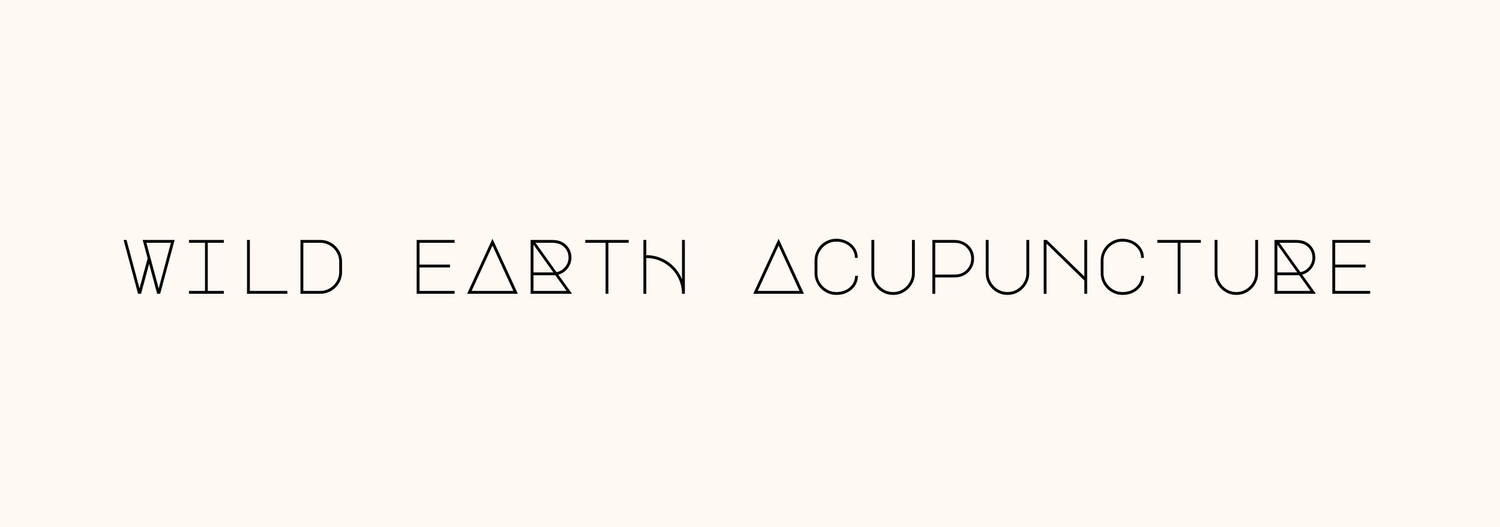
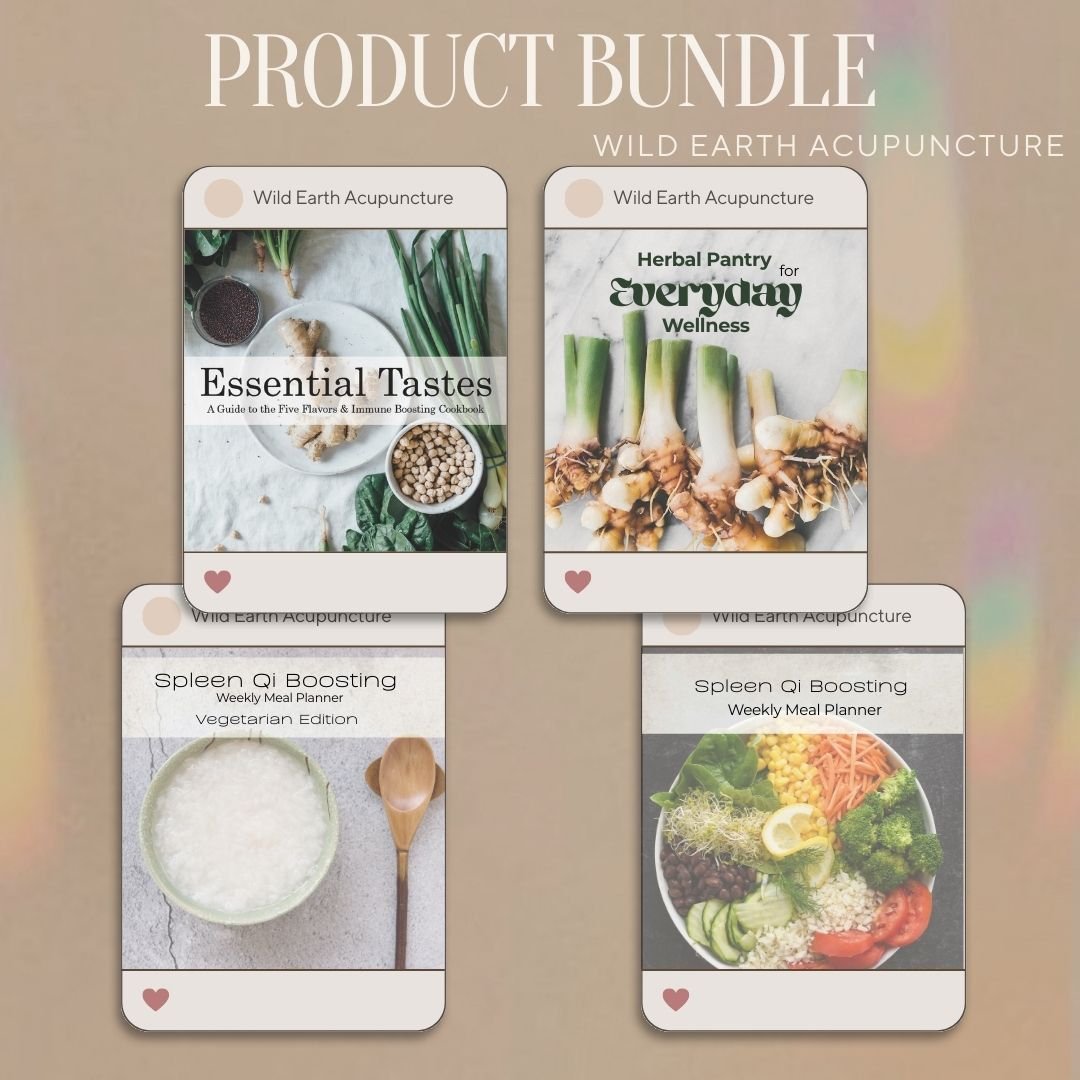
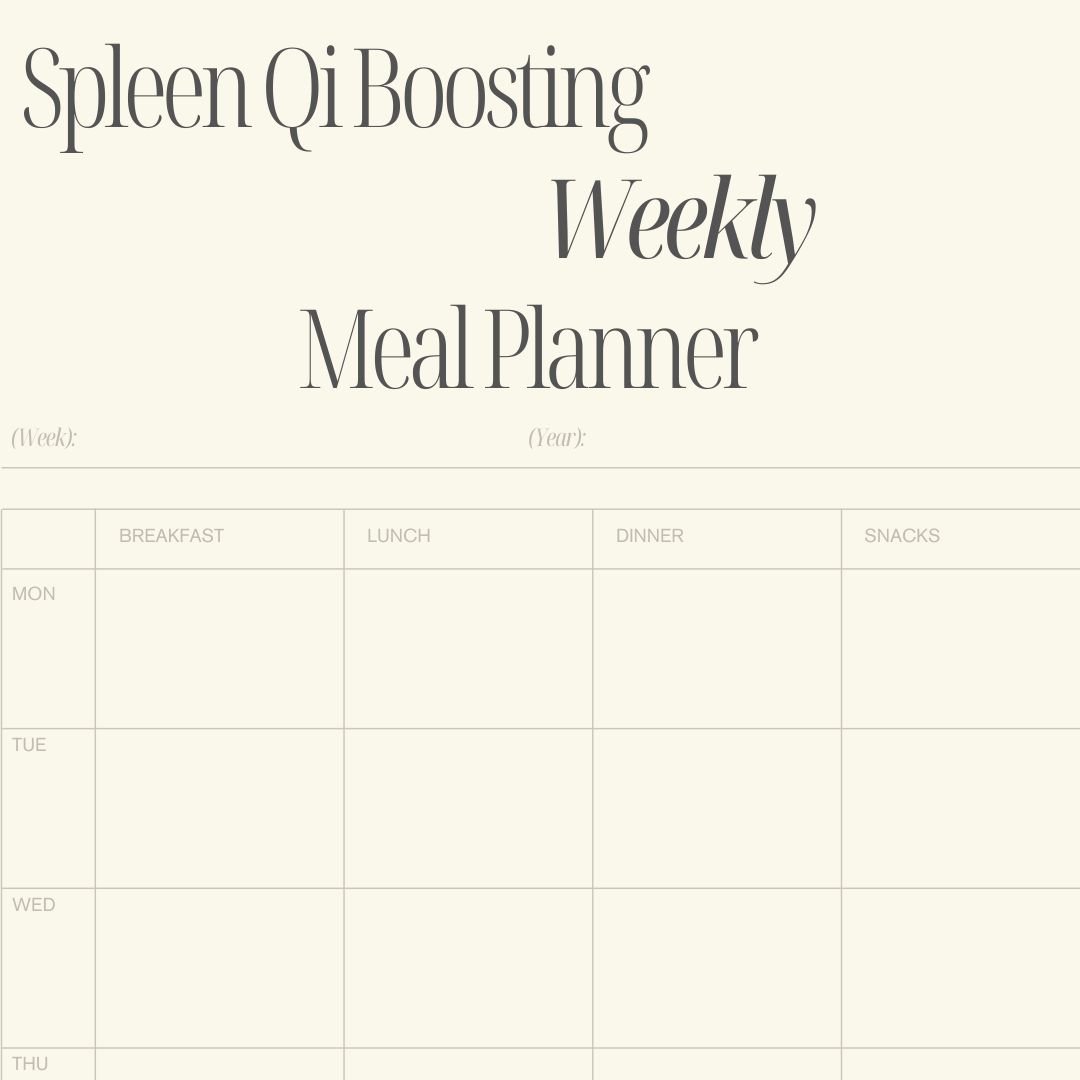


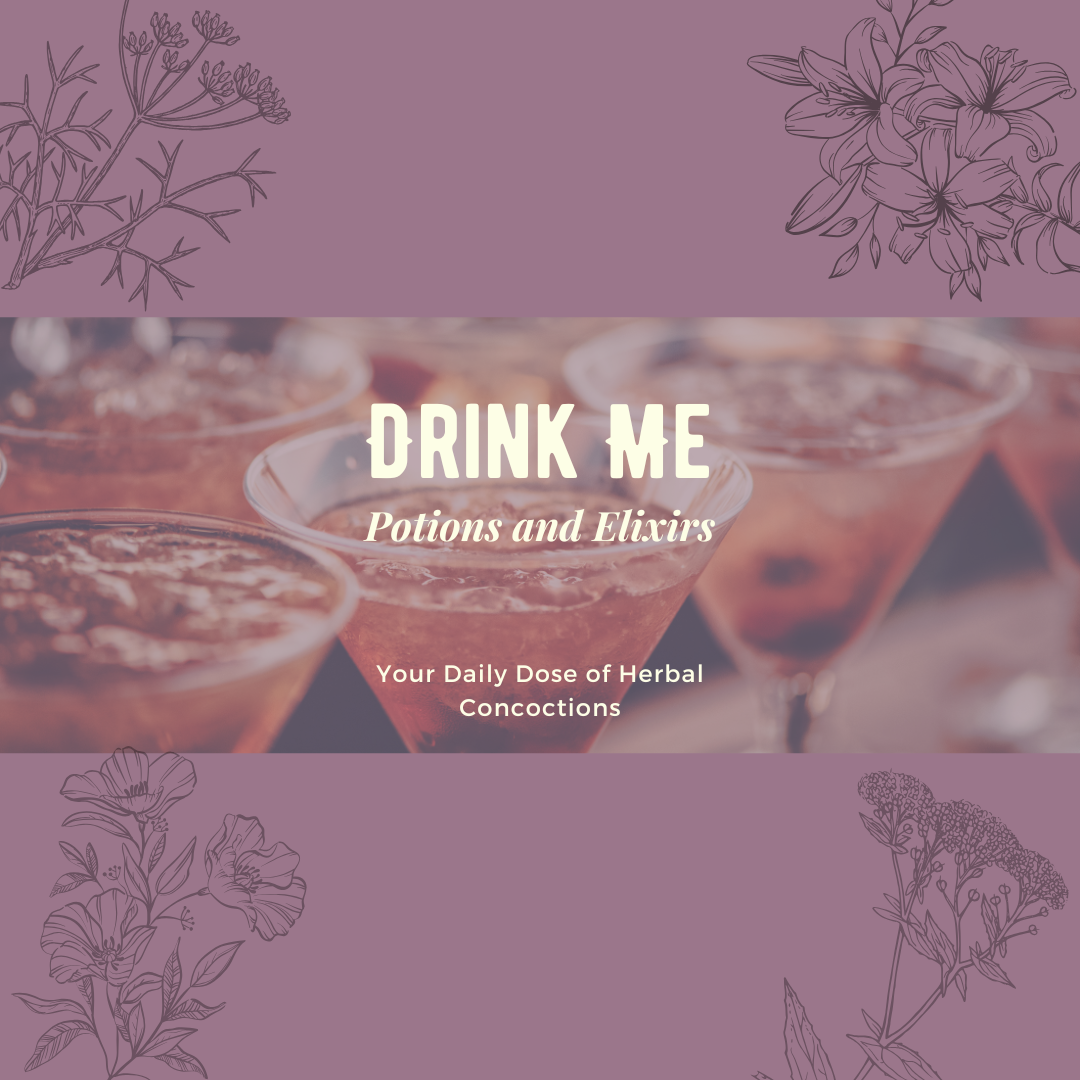











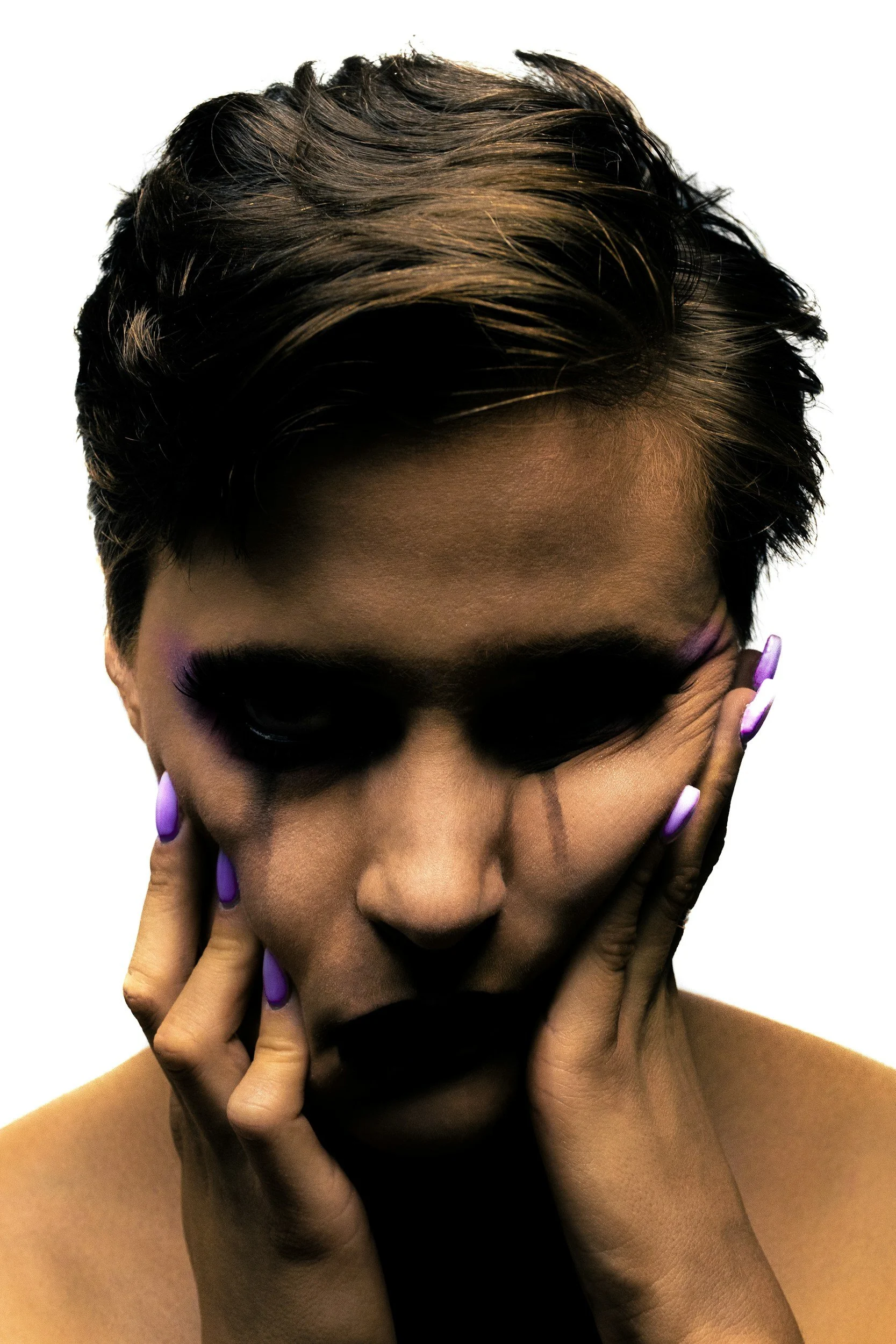





















🔥 Your Guide to Safely Practicing Moxa at Home 🔥
Curious about moxa but not sure where to start? This easy, step-by-step guide will show you how to safely use moxibustion at home to ease pain, warm your body, support energy, and especially boost digestive function.
Perfect for beginners and seasoned wellness lovers alike, it’s packed with practical tips, clear instructions, and everything you need to feel confident and cared for. This guide is focused on using premade moxa poles, especially for digestive health and pain relief.
✨ Simple. Soothing. Rooted in tradition.
👉 Download now and light up your self-care routine with the warmth of tradition!